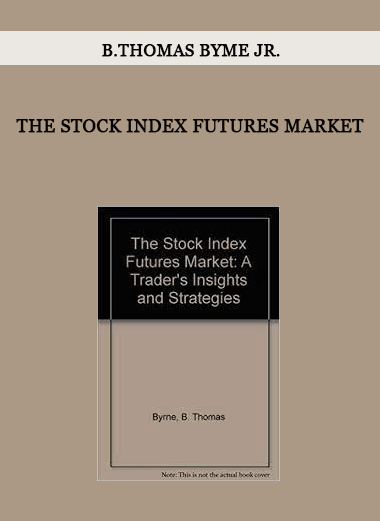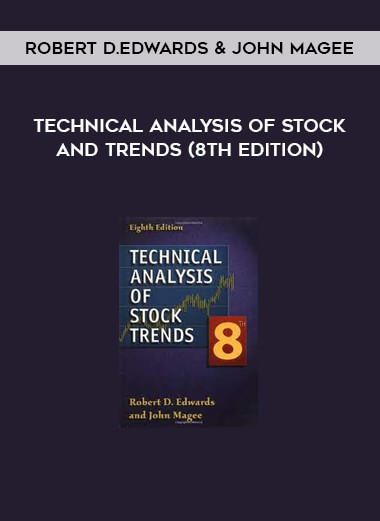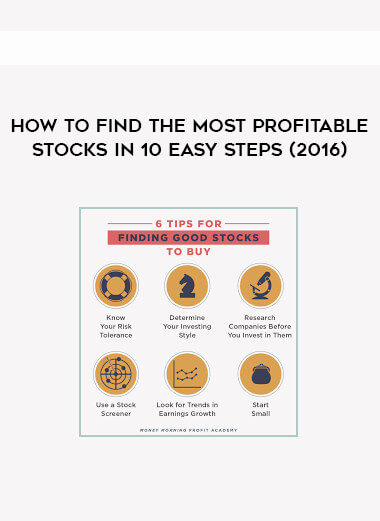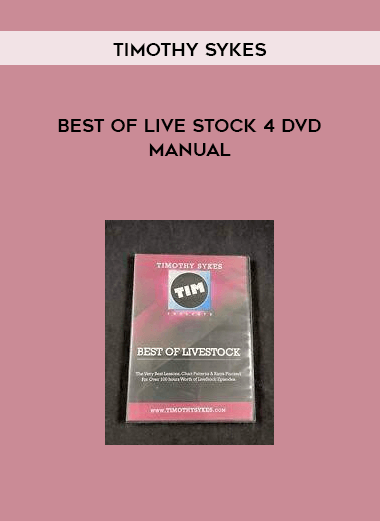Courses Infomation
The Stock Index Futures Market by B.Thomas Byme Jr.

The Stock Index Futures Market by B.Thomas Byme Jr.
Stock trading course: Learn about Stock trading
A stock trader or equity trader or share trader is a person or company involved in trading equity securities.
Stock traders may be an agent, hedger, arbitrageur, speculator, stockbroker.
Such equity trading in large publicly traded companies may be through a stock exchange.
Stock shares in smaller public companies may be bought and sold in over-the-counter (OTC) markets.
Stock traders can trade on their own account, called proprietary trading, or through an agent authorized to buy and sell on the owner’s behalf.
Trading through an agent is usually through a stockbroker. Agents are paid a commission for performing the trade.
Major stock exchanges have market makers who help limit price variation (volatility) by buying and selling a particular company’s shares on their own behalf and also on behalf of other clients.
B.Thomas Byme Jr. – The Stock Index Futures Market
Maroon hard covers, black lettering on spine. Author discloses his unique insights into trading guidelines, market psychology, and risk management and conveys a disciplined trader’s sense of how to optimize returns and minimize risks. Contents: Chapters 1. Introduction; 2. The Underlying Indexes; 3. Basics of Index Futures; 4. Opening an Individual Account; 5. Market Feel and Trading Psychology; 6. Movement of Index Futures Prices; 7. Pricing of Stock Index Futures and Their Price Relationships; 8. Hedging; 9. Stock Index Pools; 10. Impact of Commodity Laws and Industry Norms. Appendix A. Stock Index Options; B. Accounting for Stock Index Futures by Raymond E. Perry; Index. ; 8vo 8″ – 9″ tall; 358 pages. Bookseller Inventory # 2502
What is Stock?
Stock (also capital stock) is all of the shares into which ownership of a corporation is divided. In American English, the shares are collectively known as “stock”. A single share of the stock represents fractional ownership of the corporation in proportion to the total number of shares. This typically entitles the stockholder to that fraction of the company’s earnings, proceeds from liquidation of assets (after discharge of all senior claims such as secured and unsecured debt), or voting power, often dividing these up in proportion to the amount of money each stockholder has invested. Not all stock is necessarily equal, as certain classes of stock may be issued for example without voting rights, with enhanced voting rights, or with a certain priority to receive profits or liquidation proceeds before or after other classes of shareholders.
Salepage : The Stock Index Futures Market by B.Thomas Byme Jr.







![Peter Titus - Create Your Own Automated Stock Trading Robot In EXCEL! [39 Video (MP4) + 2 Document (HTML)]](https://crablib.com/wp-content/uploads/2021/02/Peter-Titus-Create-Your-Own-Automated-Stock-Trading-Robot-In-EXCEL-39-Video-MP4-2-Document-HTML.jpg)























Reviews
There are no reviews yet.